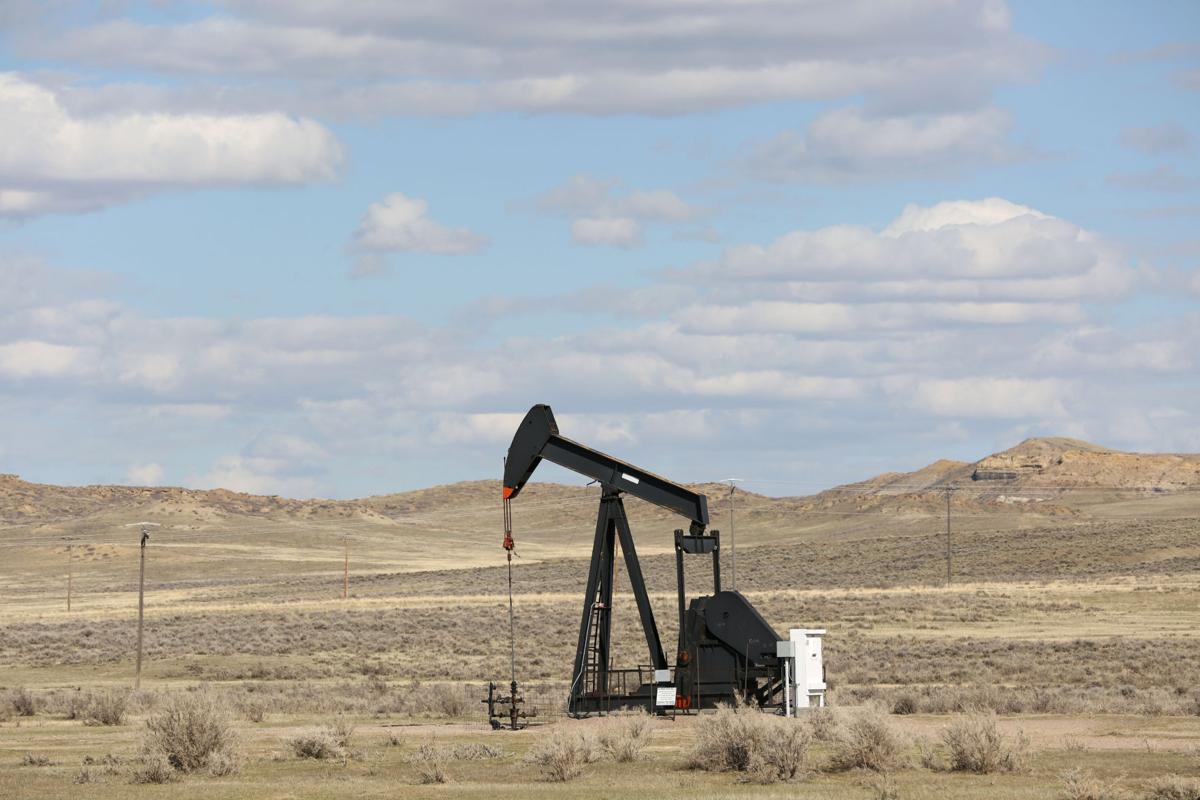Press Releases
Chevron Case Imperils Environmental Protections To Benefit Big Oil

Special interests who have infiltrated every branch of government stand to benefit from Supreme Court decision that could gut government’s ability to regulate industry
WASHINGTON, DC —Today, the Supreme Court will hear a case that experts say could jeopardize the federal government’s ability to protect Americans from industrial pollution through regulations. It comes following a long-running far-right campaign to stack the court with extremely conservative justices.
The special interests who spent big to stack the court may get their way if the Supreme Court weakens the government’s ability to hold industry accountable when they pollute for profit. Everything from the climate to consumer safety could be worse off thanks to this potential decision and the corporate lobbyists who brought us to this point.”
Accountable.US president Caroline Ciccone
Here’s more on how the ruling could have far-reaching consequences for environmental oversight of big business:
- Center For American Progress: Overturning Chevron Deference Would Empower Courts To Nullify Rules Limiting Greenhouse Gases 80 Times More Potent Than Carbon Dioxide. “Oil and gas plant methane rule: This regulation, finalized and promulgated on December 2, 2023, tightens rules against methane flaring and leaking at oil and gas plants. Methane is 80 times more potent than carbon dioxide, and reductions are critical to meeting goals of limiting global warming to 1.5 degrees Celsius to abate catastrophic climate change. Eliminating Chevron deference would give courts more leeway to strike down this rule, allowing more of this extremely potent greenhouse gas to leak into the atmosphere.” [Center for American Progress, 1/10/24]
- Overturning Chevron Deference Could Obstruct The Environmental Protection Agency’s Ability To Limit Carbon Emissions From The Electricity And Transportation Sectors, The Two Highest Polluting Industries In The US. “Overturning the doctrine would have major implications for the Biden administration’s climate agenda. It would complicate the administration’s efforts to tackle major issues such as climate change via regulation, including possibly derailing the Environmental Protection Agency’s push to mitigate carbon emissions from the electricity and transportation sectors — the two highest polluting industries in the United States.” [Politico, 5/1/23]
- The Environmental Protection Agency’s Rule Giving State And Tribal Governments The Ability To Protect Clean Water From The Impact Of Infrastructure Projects Relied On Chevron Deference. “On September 27, 2023, the U.S. Environmental Protection Agency (EPA) published its final rule to implement Clean Water Act (CWA) section 401 water quality certifications (2023 Rule)…SCOTUS previously upheld EPA’s broad discretion under section 401 based, in part, on Chevron deference…a longstanding doctrine of agency interpretation that SCOTUS is currently reexamining and may eliminate as early as next month.” [JD Supra, 12/22/23]
- Oil And Gas Companies Have Long Opposed Chevron, As Their Industry Is Often Affected By Agency Actions Permitted By Chevron Deference. “Gregory Ellison, an assistant professor of law at Northern Illinois University, said the backlash also came from businesses, including oil and gas companies, as they were affected by agency actions. Ellison said the ‘traditional alliance between business and conservatives writ large’ drove anti-Chevron sentiment in the mid-2010s.” [Bloomberg, 5/3/23]
